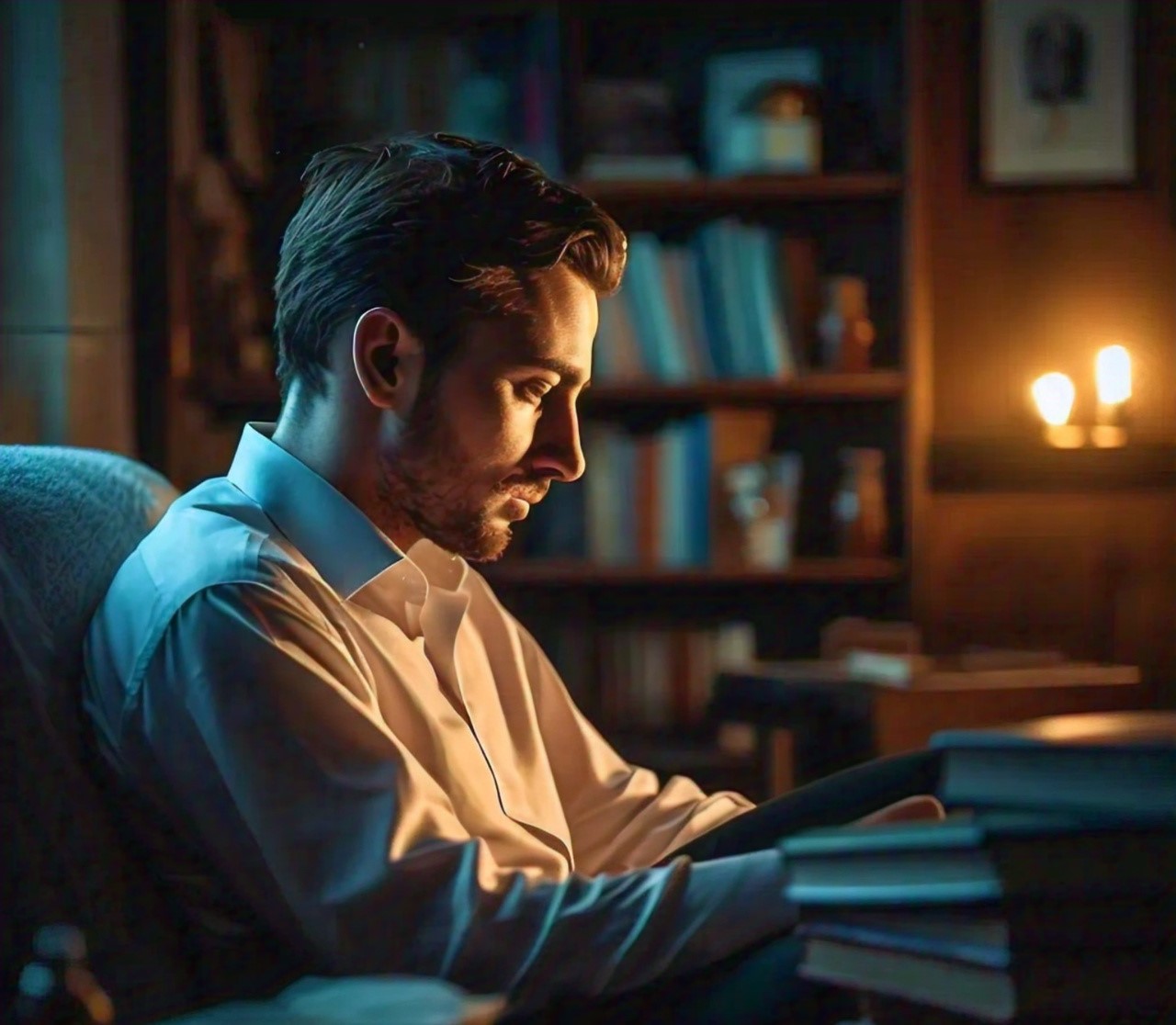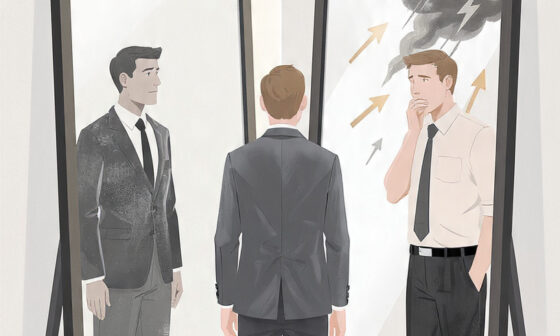For many people there is a certain comfort in claiming, “Well, you can not prove me wrong.” It sounds safe, confident, and it even sounds logical at first, but it is one of the oldest traps in reasoning: The Appeal to Ignorance Fallacy (also called Argument from Ignorance). This fallacy occurs when someone argues that a claim must be true just because it has Not been proven false or false simply because it has NOT been proven true.
The Illusion of Proof
The phrase “the absence of evidence is not the evidence of absence” reminds us that a lack of proof does not automatically mean something does not exist or does. The fallacy hides behind this illusion of proof.
Let us say, consider these two statements:
- “No one has proven that aliens exist, so they must not exist.”
- “No one has proven that aliens do not exist, so they must exist.”
Both sound like arguments, but neither actually proves anything; they just simply shift the burden of proof away from the person making the claim, and so instead of presenting evidence, the person speaking just hides behind what is not yet known.
Logic does not work that way. Truth is not determined by who speaks last; it is determined by evidence.
The Danger of Lazy Thinking
The Appeal to Ignorance is seductive because it lets us stop thinking and it replaces intellectual effort with a shrug, a shrugoff. It allows us to draw conclusions from silence, to mistake uncertainty for certainty.

And in debates, this fallacy can sound persuasive: “If there is no evidence against it, why not believe it?” But that is not how truth works. Evidence is not a matter of convenience; it is the foundation of reason. When we accept ideas without evidence simply because they can not be disproven, we create a world where anything can be true and going by that, nothing truly is. And that reminds me of an article I wrote some days ago.
From the beginning of time everyone has always had an opinion about something or someone, and only a few pause to ask whether their opinions are reasonable. We have always lived in a time of emotion-driven conclusions and confirmation bias disguised as conviction, but if truth exists, and it does; then it must have rules. And those rules are found in the discipline of logic: The very structure of reason itself.
Before we can talk about truth, morality, or meaning, we must understand how we think and whether our thinking follows the laws that make truth even possible, because reason, like gravity, does NOT bend for opinion or belief.
Objective reason is the commitment to think in alignment with reality, not preference. It means refusing to let feelings, tribes, or ideologies distort or dilute what is.
Continue Reading: Truth Has Rules: The Basic Laws of Logic and Objective Thinking
To think objectively is to surrender your ego to the order of truth, to say: I will follow the facts, even if they humble me.
The Burden of Proof: Where it Belongs
The person making a claim carries the responsibility to provide proof. If you say something exists, you must show it exists. If you claim something does not exist, you must show why not.
The absence of counterevidence does not strengthen your case; it simply leaves the question open, and good thinkers and honest debaters know this; they understand that admitting “I do not know” in a debate, is not a weakness but wisdom.
As the philosopher Bertrand Russell once explained: if someone claimed there is a car going round the Sun, the burden is not on others to disprove it; it is on the claimant to prove it. Otherwise, the car remains a fantasy, not a fact.
Practicing Intellectual Humility
Recognizing the Ignorance Fallacy teaches us humility; it reminds us that knowledge is often incomplete, and that our confidence can easily outgrow our evidence.
So when next we speak, debate, or even just think about something we can not prove, the right response is not to fill the silence with speculation; it is to remain curious and cautious. Truth is not afraid of patience, but falsehood thrives on haste.
The next time you hear someone say, “You can not prove me wrong,” pause, and ask yourself: Is this really proof or just protection from being challenged?
True understanding does not depend on ignorance; it depends on honest questions, and honest questions begin where arrogance ends.
So the next time there is no evidence, do not rush to fill the gap. Wait! Question! And explore! Because sometimes, not knowing yet but willing to learn is the most honest and intelligent place to be.
In today’s world and just like always, where opinions are shouted louder than facts, where confidence is mistaken for competence, and where people would rather “feel right” than be right, the Socratic Method is a timeless invitation, not to argue, but to understand.
Socrates, the philosopher who never wrote a single book, transformed the way humans think by doing something simple: Asking questions. He believed that truth is not imposed; it is discovered, through inquiry, dialogue, and the humility to admit how little we know.
And in a world that rewards answers, Socrates reminds us that wisdom begins with honest questions.
Continue Reading: The Socratic Method of Thinking and Investigating: The Art of Questioning Your Way to Truth
Read Also: Objective And Subjective Reasoning: How It Affects Our Decisions
Read Also: It’s Not Just How Much You Read, But What You Feed Your Mind
Read Also: Humility, Responsibility, and Reward: Lessons from Galatians 6:3-10
Conclusion
The Appeal to Ignorance Fallacy reminds us how easily the human mind can mistake uncertainty for truth. And when we rely on what we do not know to make claims about what is, we move away from reason and into assumption.
The wise do not rush to declare victory in the dark; they light a candle instead; they understand that truth takes time, and that silence in the evidence is not proof; it is simply space for discovery.
So when we are faced with the unknown, resist the urge to fill it with false certainty. Let patience, curiosity, and humility lead you, because the search for truth is not about winning arguments; it is about seeing clearly. And that clarity only comes when we have the courage to admit, “I do not know yet.”
Because and in the end, the absence of evidence is not the evidence of absence; it is simply an invitation to keep searching for the truth.





